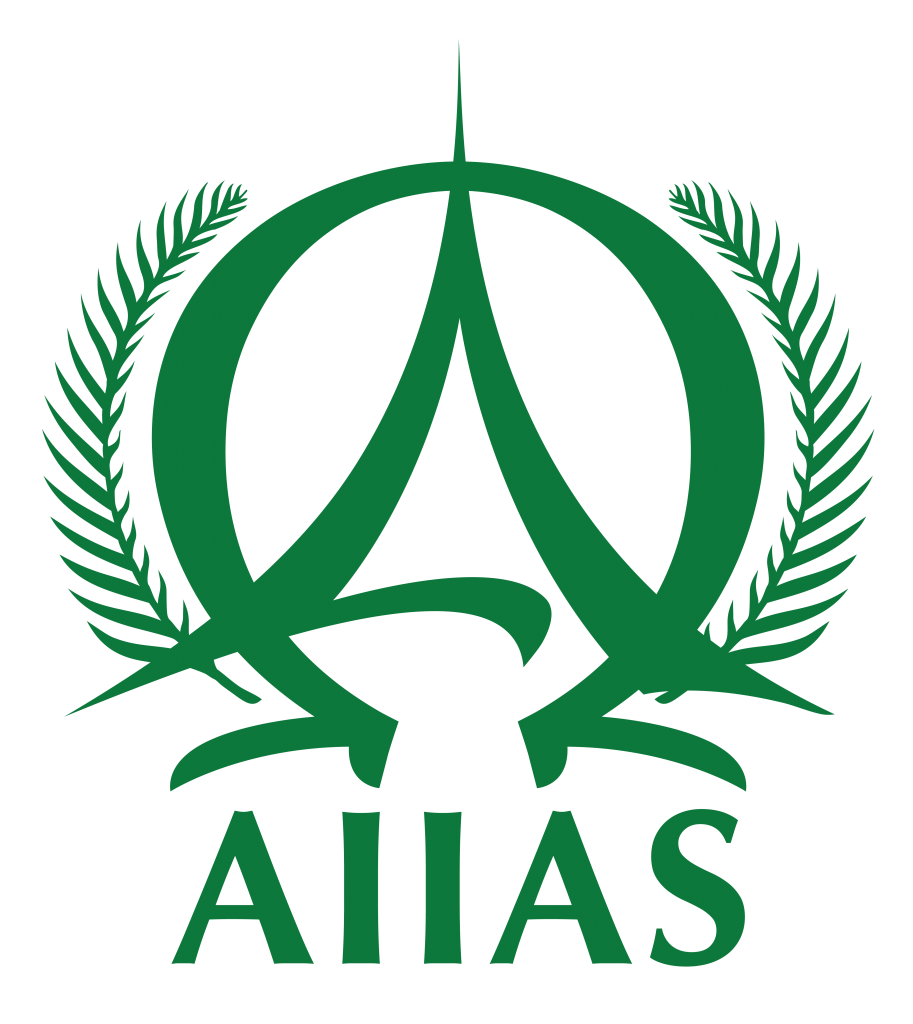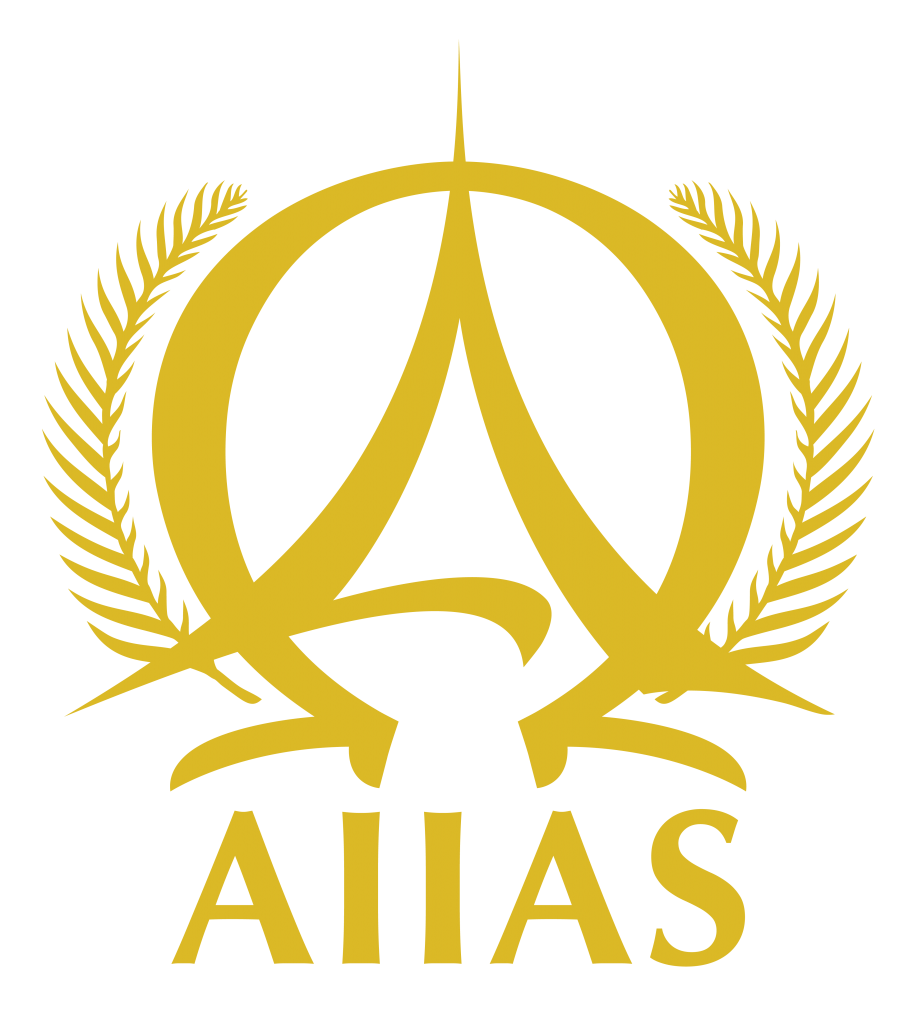AIIAS English Center
The primary purpose of the AIIAS English Center is to provide an educational support service to prepare students to study in one of the graduate academic programs. The English language program offered on the campus of AIIAS has been developed by professionals to give students intensive and personalized instruction in the English language in an English speaking environment. The courses have been designed to help students learn English in line with well recognized English language programs.
The curriculum for the intensive English course has been divided into four levels. Depending on the results of a placement test, a student will be placed at the appropriate level. Additional special interest classes may be arranged if there is a large enough group of students and an available qualified teacher.
Leslie Hardinge Library
Located on the AIIAS campus, the Leslie Hardinge Library supports the academic, research, and spiritual needs of AIIAS community through its information resources and services. Currently, it has holdings of more than 67, 000 volumes of reference and circulating books, hundreds of print journal titles, and a growing collection of multimedia and electronic resources.
It also subscribes to a number of powerful databases, providing an online access to over 14, 000 full-text journals and an increasing number of ebooks. In addition, the library is affiliated with local and international library associations and consortia and maintains inter-library loan agreements with libraries around the world providing hard-to-find resources for its patrons.
With its commitment to serve AIIAS students on and off campus, the library offers web-based resources, maintains a library website, research guides, and an online repository of theses and dissertations, offers a virtual reference service, and utilizes an integrated library system to provide an online catalog, circulation services, and automated cataloguing. Its wide array of services includes library orientation and instruction, tutorials, instruction for research classes, and seminars and workshops covering various topics such as reference manages, plagiarism software, formatting styles, backup and storage, and presentation tools. The library also incorporates an Instructional and Media Resources Center (IMRC) for curricular and media, and houses the Center for Adventist Research Asia, and a computer library.
The library also incorporates an Instructional and Media Resources Center (IMRC) for curricular and non-print resources, and also houses the Ellen G. White Research Center, and a computer laboratory.
Instructional and Media Resources Center (IMRC)
The Instructional and Media Resources Center is part of the library and provides the following services:
Instructional materials collection. Curricular and instructional materials in education, health education, business, ministry and religious education are housed in the Center.
Instructional materials development area. An area is provided where students can create their own instructional materials for use when they return to the field. Laminating and cutting equipment is available, along with supplies such as paper, card, glue, etc.
Media collection/viewing facilities. The library’s media collection is housed in the Center along with multimedia viewing equipment and facilities.
Recording Facilities. Furnished with computers, camera, and other recording equipment, the recording room is intended to support both schools in the production of recorded lectures or teaching modules in audio or/and in video.
IMRC Computer Laboratory. A small computer laboratory provides a place where students can engage in electronic research and instructional materials development. It provides Internet connectivity, and is equipped with printing, scanning, and desktop publishing capabilities.
Writing Center. The Writing Center provides free peer tutoring to students or faculty seeking support for academic writing. The Center is staffed by graduate students selected for their ability and trained in writing, referencing, and formatting. It is located on the 1st floor of the library.
Asian Studies Center. As an expanding specialized collection in the Leslie Hardinge Library, the Asian Studies Center is fast becoming the premier resource center of Asian Studies for supporting relevant scholarly activity in AIIAS, the global church, and other institutions. The center provides research and reading materials related to the religious, educational, financial, health, cultural, political, and national aspects of the countries and peoples of Asia. The Asian Studies Center is located on the 3rd floor of the Leslie Hardinge Library. Records of the entire Asian Studies Center collection are accessible through the library’s online catalog.
Asia-Pacific Research Center
Located on the main campus of AIIAS, the Asia-Pacific Research Center (APRC) incorporates the following primary functions:
- To conduct scholarly research in the Asia-Pacific region, centering on funded research requested by the Adventist denomination and other entities, and providing quality research experiences for AIIAS graduate students.
- To conduct institutional research for AIIAS to inform campus decision-making and planning in areas such as admissions, curriculum, enrollment management, staffing, student life, finance, facilities, and alumni relations.
- To serve as a regional resource center for research instrumentation, including instrument development and validation for the Asia-Pacific context.
- To assist scholars, especially AIIAS faculty and graduate students, in designing and implementing research studies, focusing especially on the selection of appropriate instrumentation, population/sample questions, and advisement regarding data analysis and interpretation.
Ellen G. White Research Branch Office
The Ellen G. White Research Branch Office is a special resource for research on the life and works of Ellen G. White, as well as on Adventist history and theology. This center includes the following materials:
- E. G. White’s published works.
- Copies of E. G. White’s letters and manuscripts, with a topical index.
- A document file providing material covering a broad range of topics, issues, and information on people of interest to students of Adventist history and of E. G. White’s life and works.
- A question-and-answer file with an index.
- E. G. White’s unpublished works.
- Microfiche and microfilm files in the following categories: Millerite literature, early Adventist literature (including pamphlets, periodicals, tracts, etc.), and out-of-print Adventist literature.
- The published E. G. White writings on CD-ROM. A computer with CD-ROM is available for student use for access or search.
- Selected early Adventist literature on CD-ROM.
Information and Communications Technology
AIIAS recognizes the importance of technology in achieving quality education. The administration is fully committed to maintaining a strong information system to support the research and communication needs of both students and faculty. This commitment is demonstrated by subscribing to a high-speed Internet connection and the employment of full-time network support staff. In case of power failure, the servers and networking equipment are protected by an uninterrupted power supply. A campus-wide backup generator is also provided in the event of continued electrical failure. This system allows for continuous service. Campus servers are housed and protected in accordance with current technology to allow maximum uptime on the systems.
All students, faculty and staff are required to have an AIIAS e-mail account for official correspondence within the institution. Those with personal computers can access the Internet via wireless network or LAN. Both schools, the library, and the major buildings have free wireless internet access.
A “triple-play” solution provides the three basic services to all residences, connecting each house to the campus-wide telephone network, linked to the national and international telephone service, providing access to the campus, TV system, and offering wireless and wired connection to both the AIIAS network and the Internet.
A campus-wide telephone network, linked to the national and international telephone service, provides telephone connectivity both on and off campus. To make on-campus computer communication more convenient, information and printers can easily be shared over a local area network. The campus buildings, including faculty housing, are linked together by a high-speed network.
An academic system (IUTUS) allows students to register for classes, check their grades online, access their financial statements, and post on the campus electronic board. AIIAS Online supports web-based learning opportunities both on and off-campus, and library systems provide web-based access to the library’s catalog and to full-text, online databases and other online resources. AIIAS also hosts its own web site: www.aiias.edu.
Computer Laboratory
AIIAS maintains a well-equipped general use computer laboratory with current software housed within the Leslie Hardinge Library. Registered students, faculty and staff are entitled to use the lab for their computing needs during library hours. Others may use the lab for a nominal hourly fee.
Scholarly Publications
Since 1998, two scholarly publications have been published by AIIAS. The Graduate School publishes International Forum, an interdisciplinary, internationally peer-reviewed open access journal that presents primary research, commentaries, and critical book reviews from a Christian perspective (available at internationalforum.aiias.edu).
The Seminary publishes the Journal of Asia Adventist Seminary (formerly Asia Adventist Seminary Studies), which is peer-reviewed by a board of internationally recognized scholars, and combines full-length scholarly articles, critical book reviews, and shorter research notes on a variety of biblical and theological subjects.
Field Schools of Evangelism
The faculty of the Seminary in cooperation with the ministerial secretaries of the constituent Unions and Divisions, offer Seminary students an internship in evangelism. The student works with an experienced person, either a faculty member or a mission, conference, or Union evangelist. The evangelist holds a school of evangelism while the meetings are in progress so that the student learns from teaching, observation, and participation. The location and the time of these field schools of evangelism is decided upon by the Seminary faculty in cooperation with the ministerial secretaries of the Unions and Divisions. For further information on Field Schools of Evangelism, including dates and locations, contact the Seminary dean.

